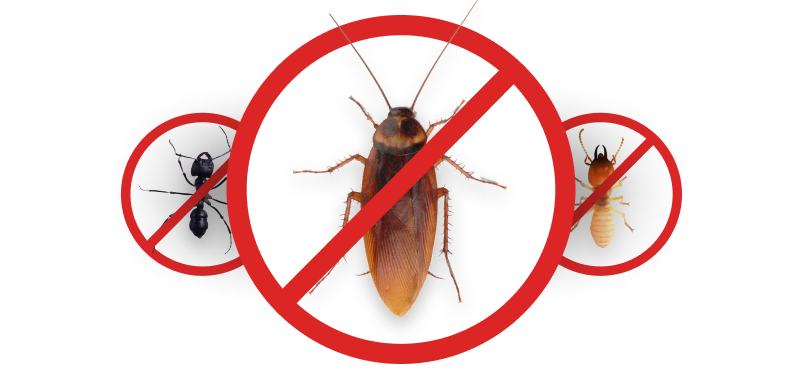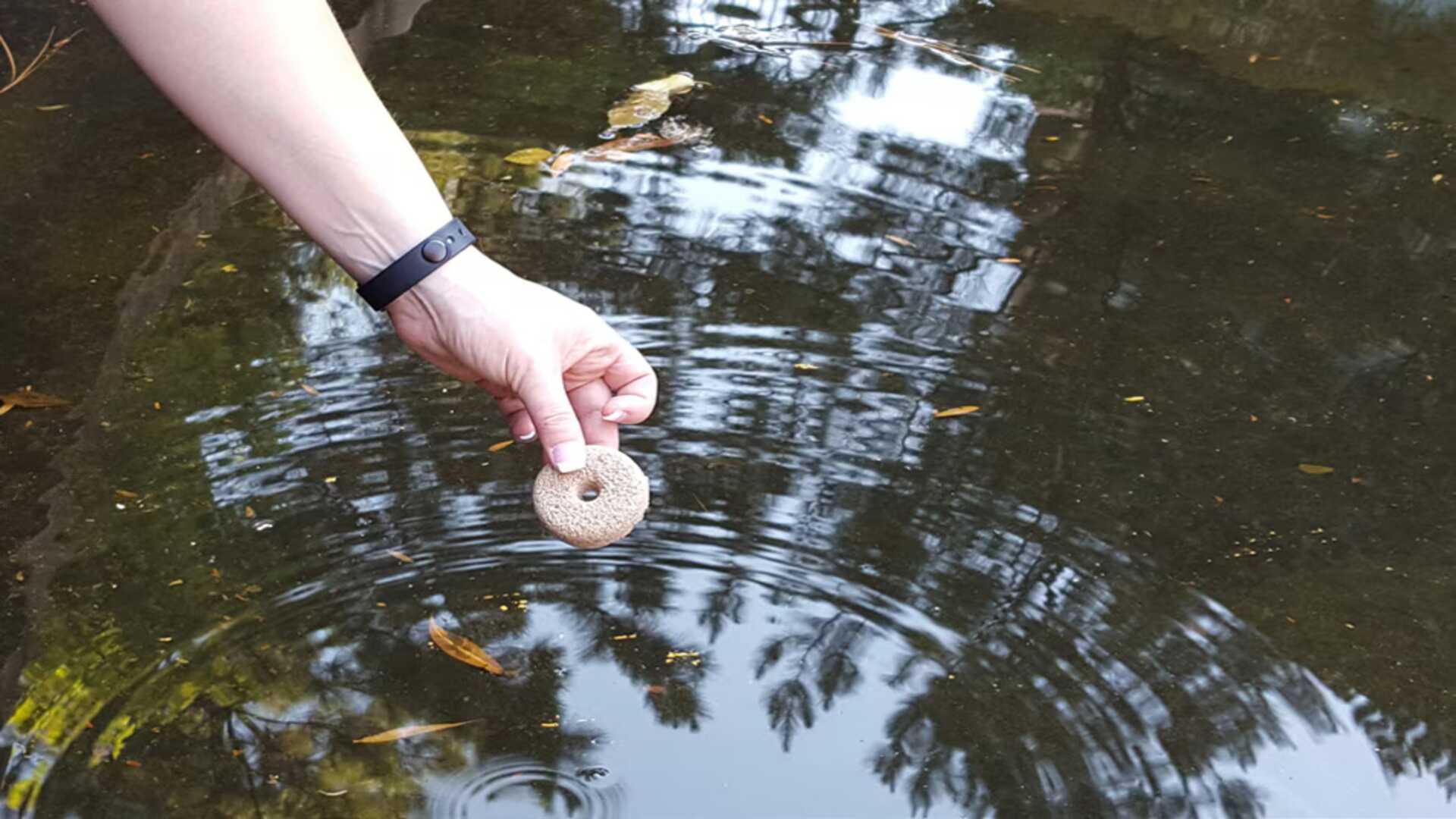
Mosquitoes lay eggs in stagnant water, including buckets, flowerpots, and puddles.
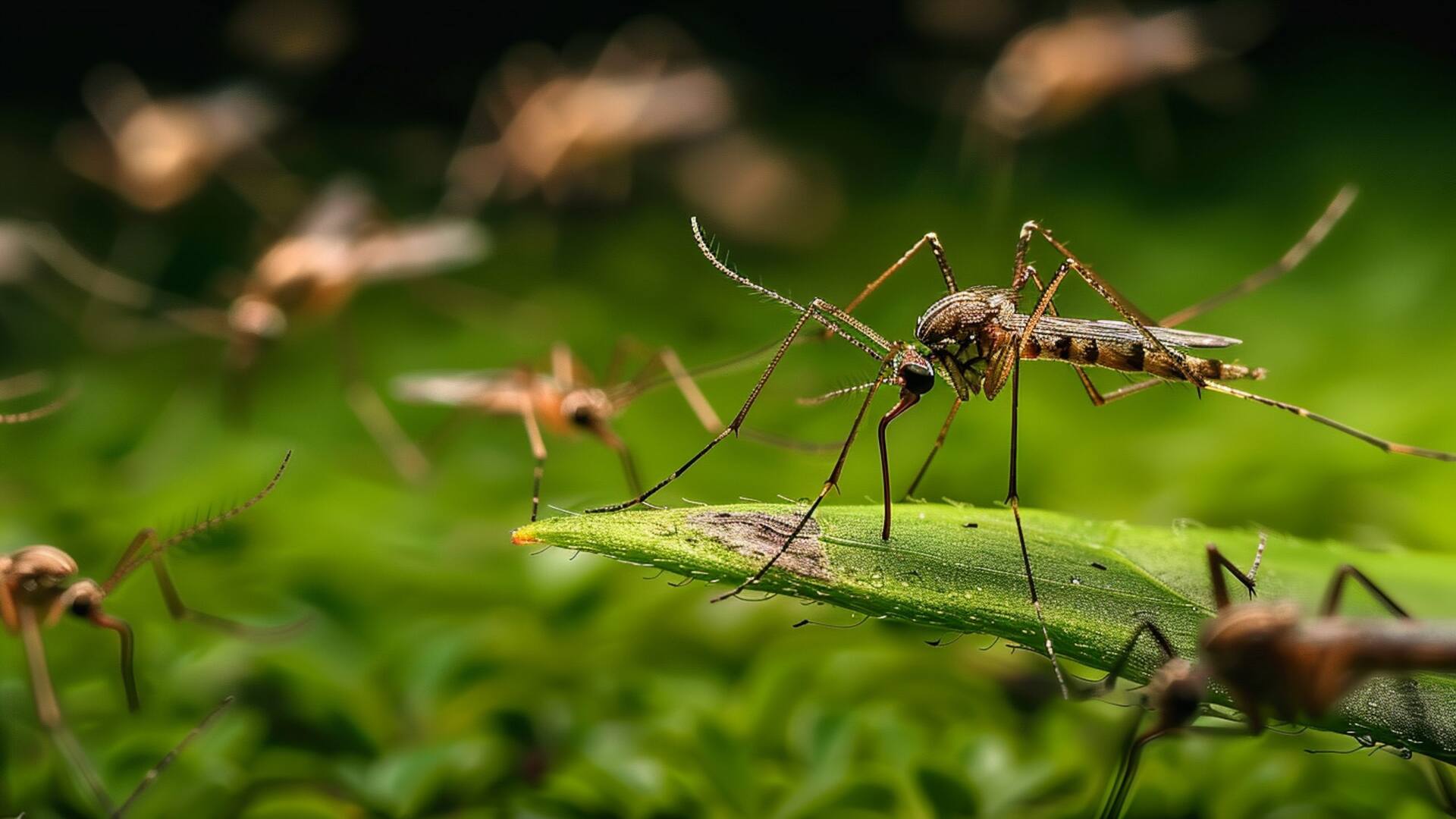
Bushes and tall grass offer shade and shelter.

Dark, undisturbed areas like closets or under furniture.
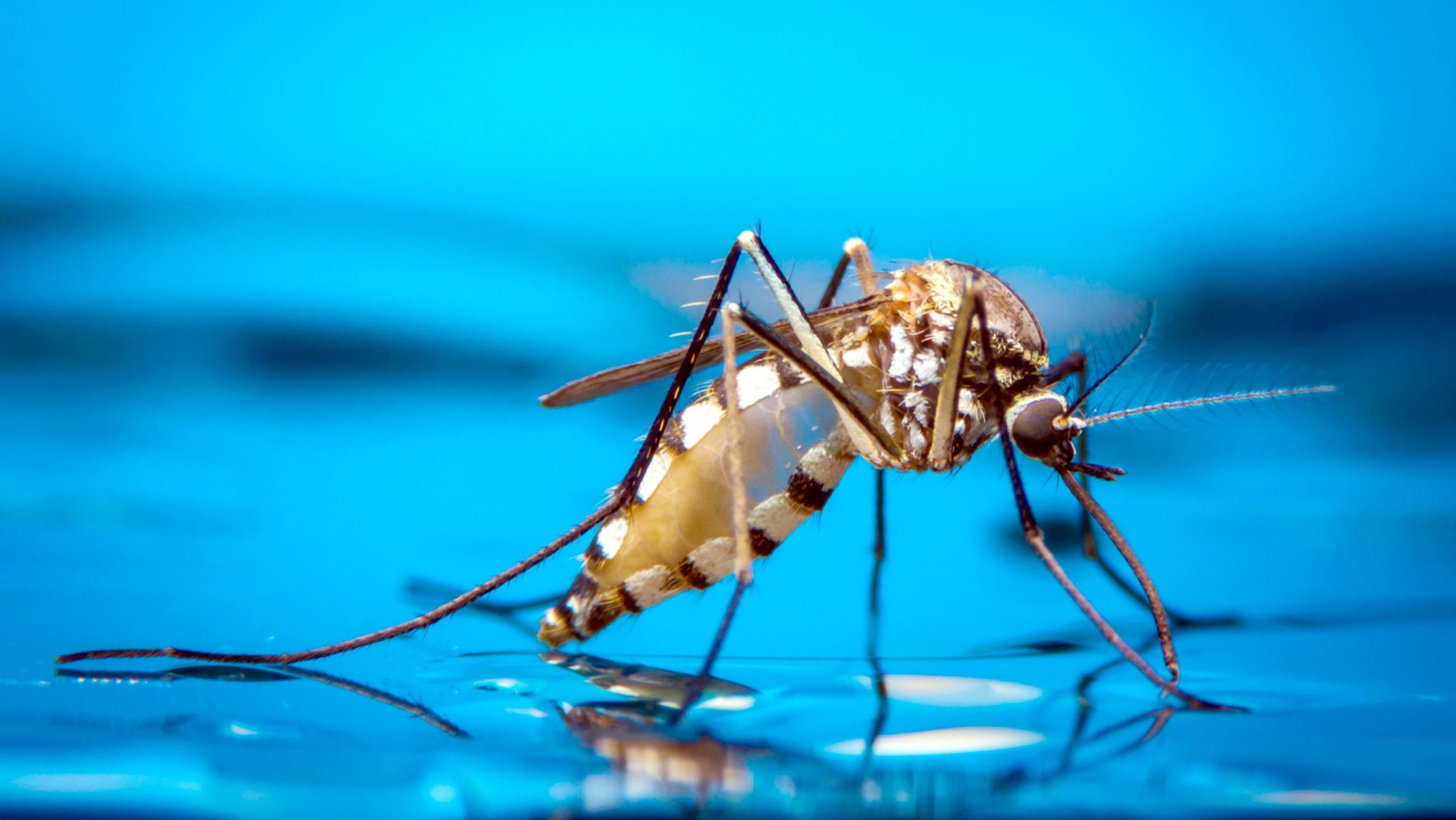
Clogged or open drains can become breeding grounds.
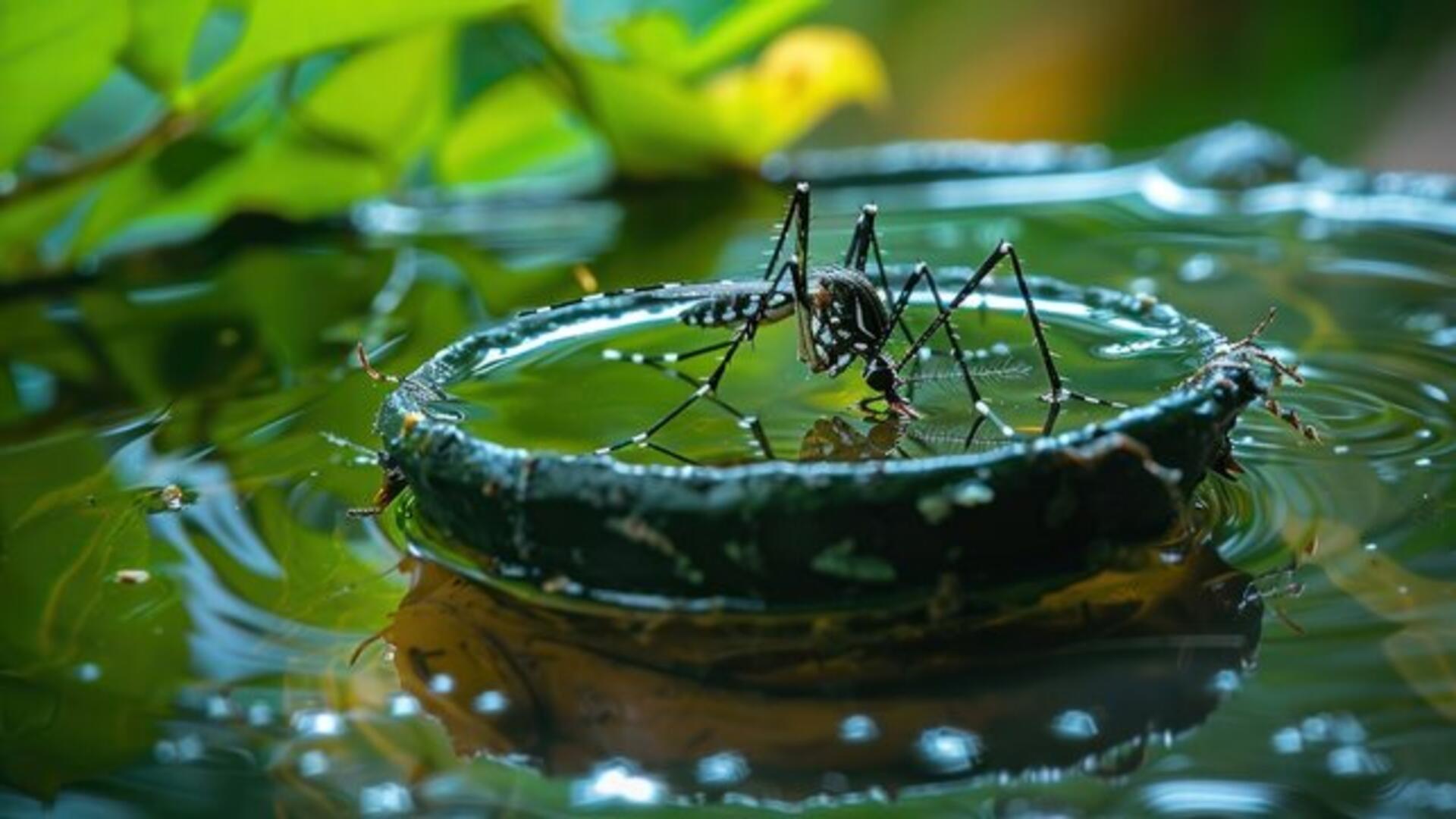
Unmaintained water features are hotspots for mosquito larvae.
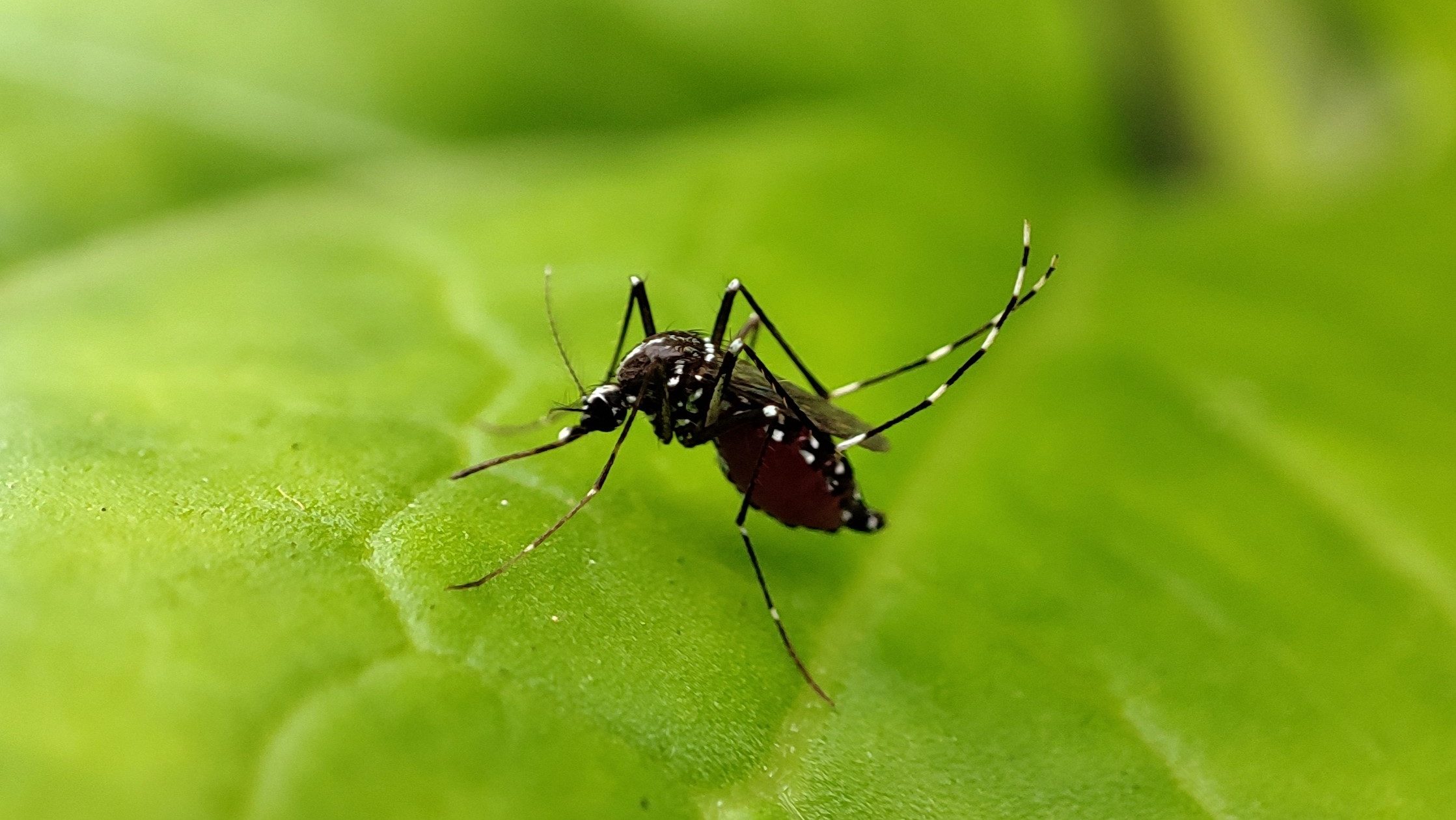
Known for spreading dengue and Zika; active during the day.
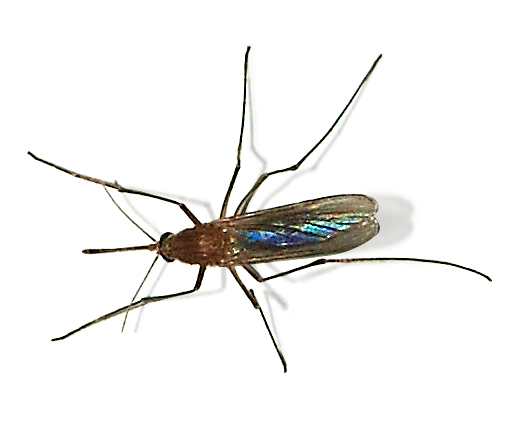
Common in urban areas; spreads West Nile virus.
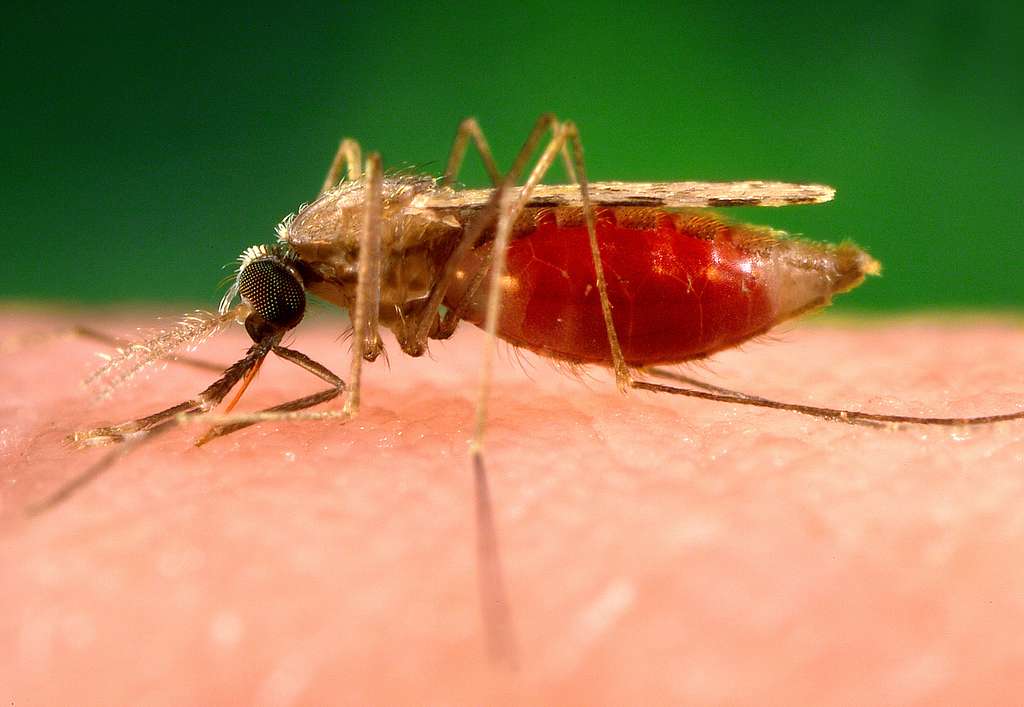
The primary carrier of malaria.
Only female mosquitoes bite.
Mosquitoes are attracted to dark clothing.
They can detect human breath from 30 feet away.
The average lifespan of a mosquito is 2-4 weeks.
Male mosquitoes are smaller than females and only feed on nectar.
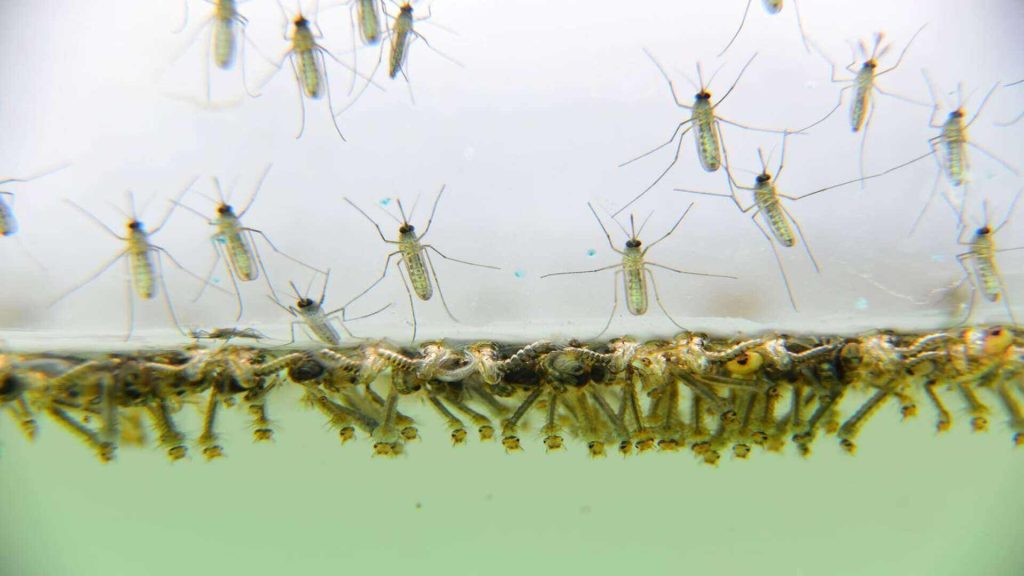
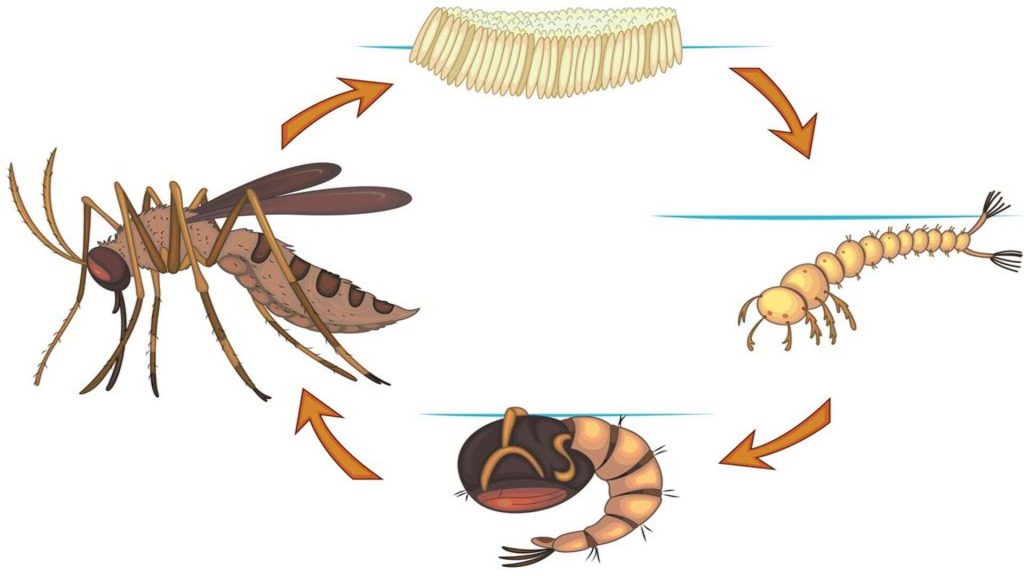
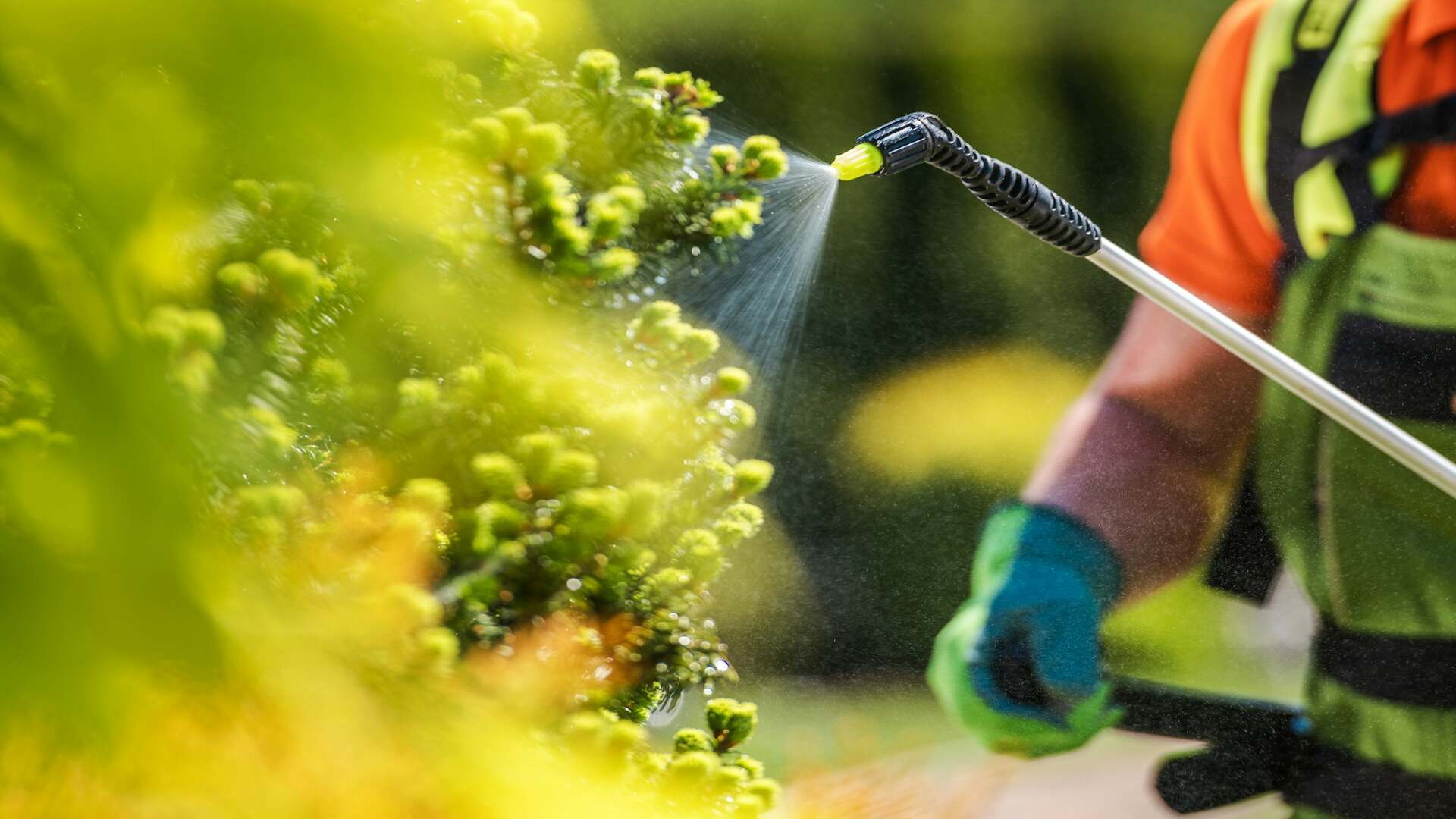
Chemical sprays targeting adult mosquitoes.

Treat water to kill mosquito larvae.
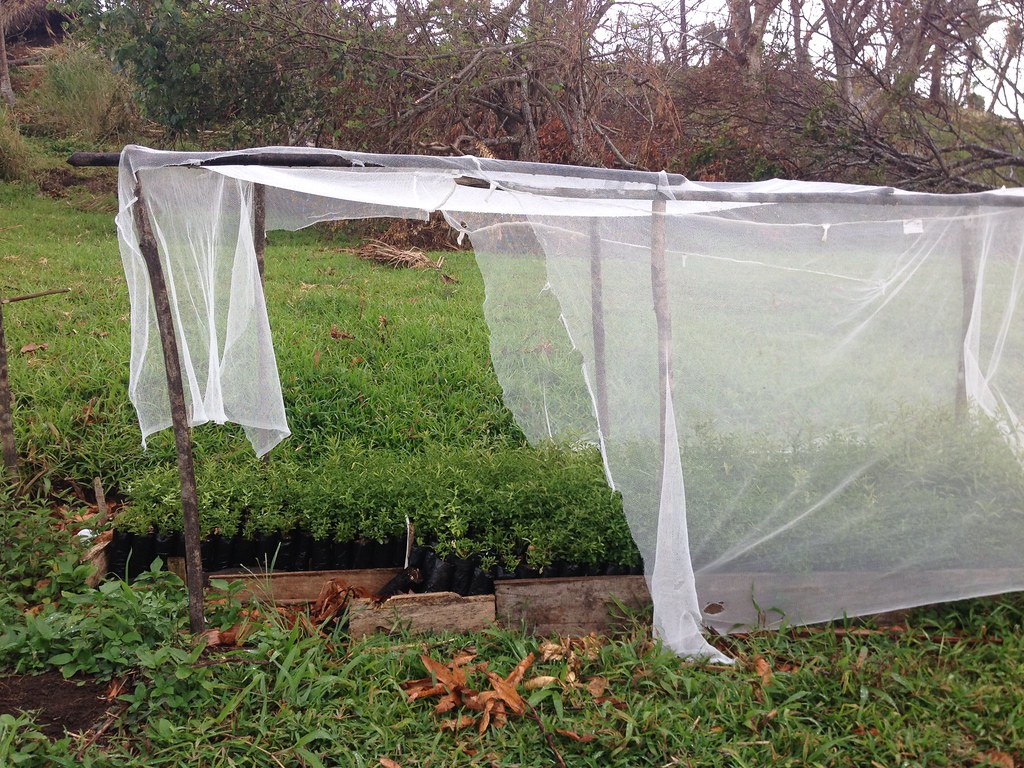
Attract and eliminate adult mosquitoes.
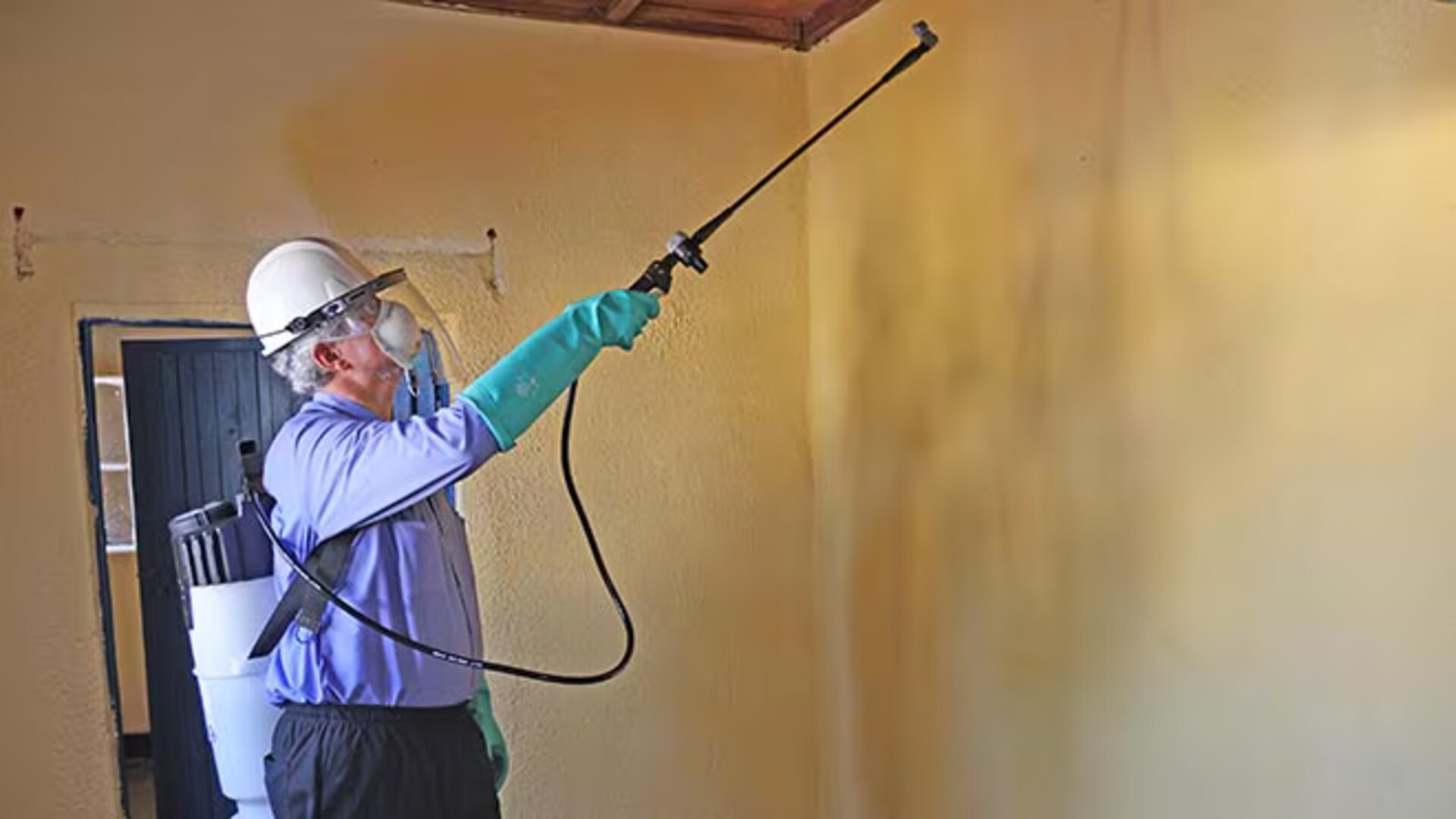
Use essential oils like citronella or eucalyptus as repellents.
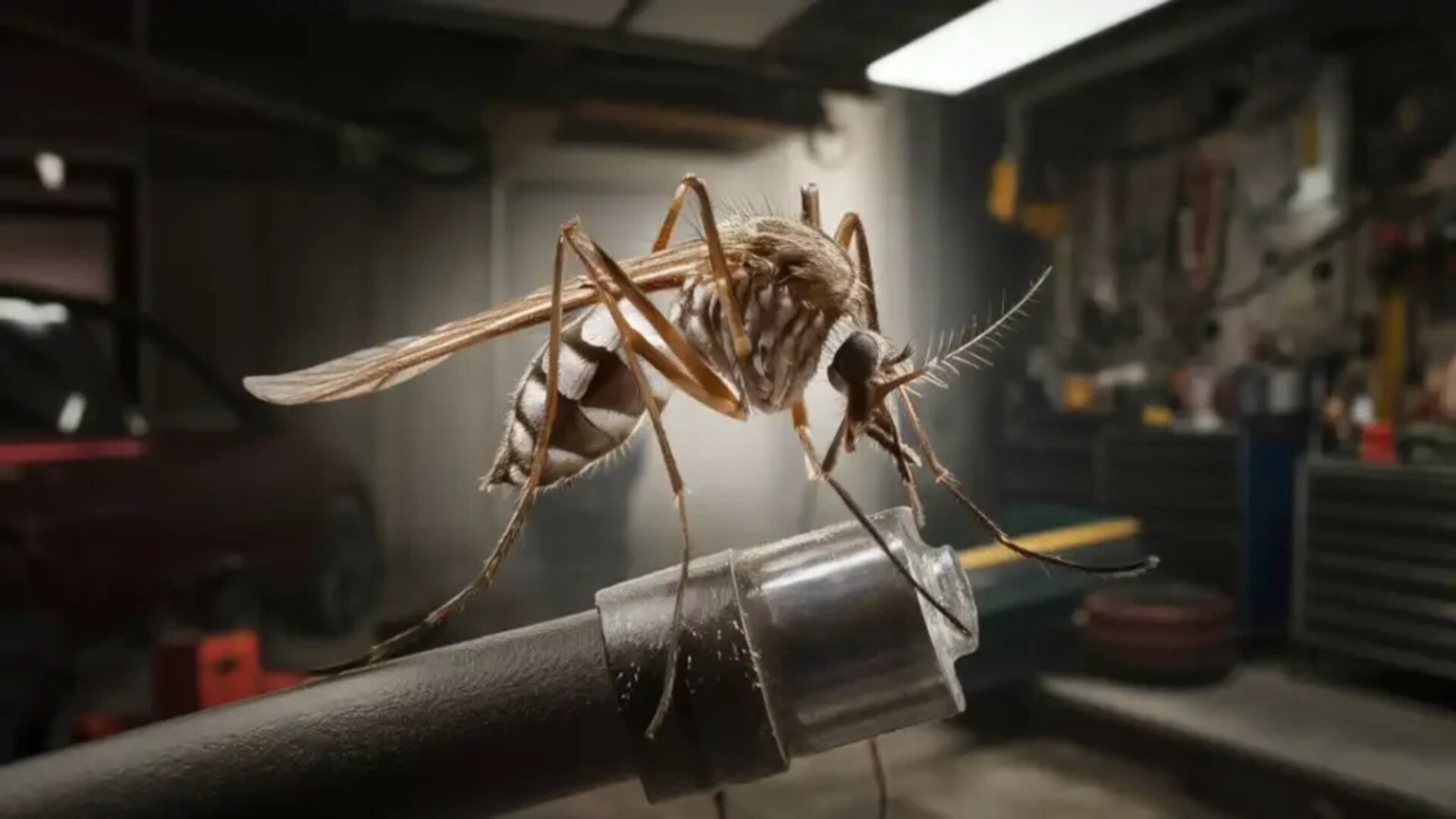
Comprehensive mosquito control by Pest Exterminators.
Female mosquitoes bite to obtain the protein and iron needed to develop their eggs. They are attracted to carbon dioxide, body heat, and certain body odors.
Mosquitoes are repelled by scents like citronella, lavender, eucalyptus, peppermint, and lemongrass. These scents can be used in candles, sprays, or essential oils to help keep mosquitoes at bay.
Malaria, dengue fever, and Zika virus are among the deadliest diseases transmitted by mosquitoes. Malaria alone causes hundreds of thousands of deaths annually, primarily in tropical and subtropical regions.
Symptoms can vary depending on the disease but often include fever, rash, joint pain, headache, muscle pain, and fatigue. Severe cases can lead to more serious complications like organ failure or neurological damage.
Mosquitoes typically live for about two weeks to a month, depending on the species and environmental conditions. Females generally live longer than males.
Yes, mosquitoes are harmful due to their ability to spread serious diseases. Even in areas where diseases are not a concern, mosquito bites can cause itching and allergic reactions.
